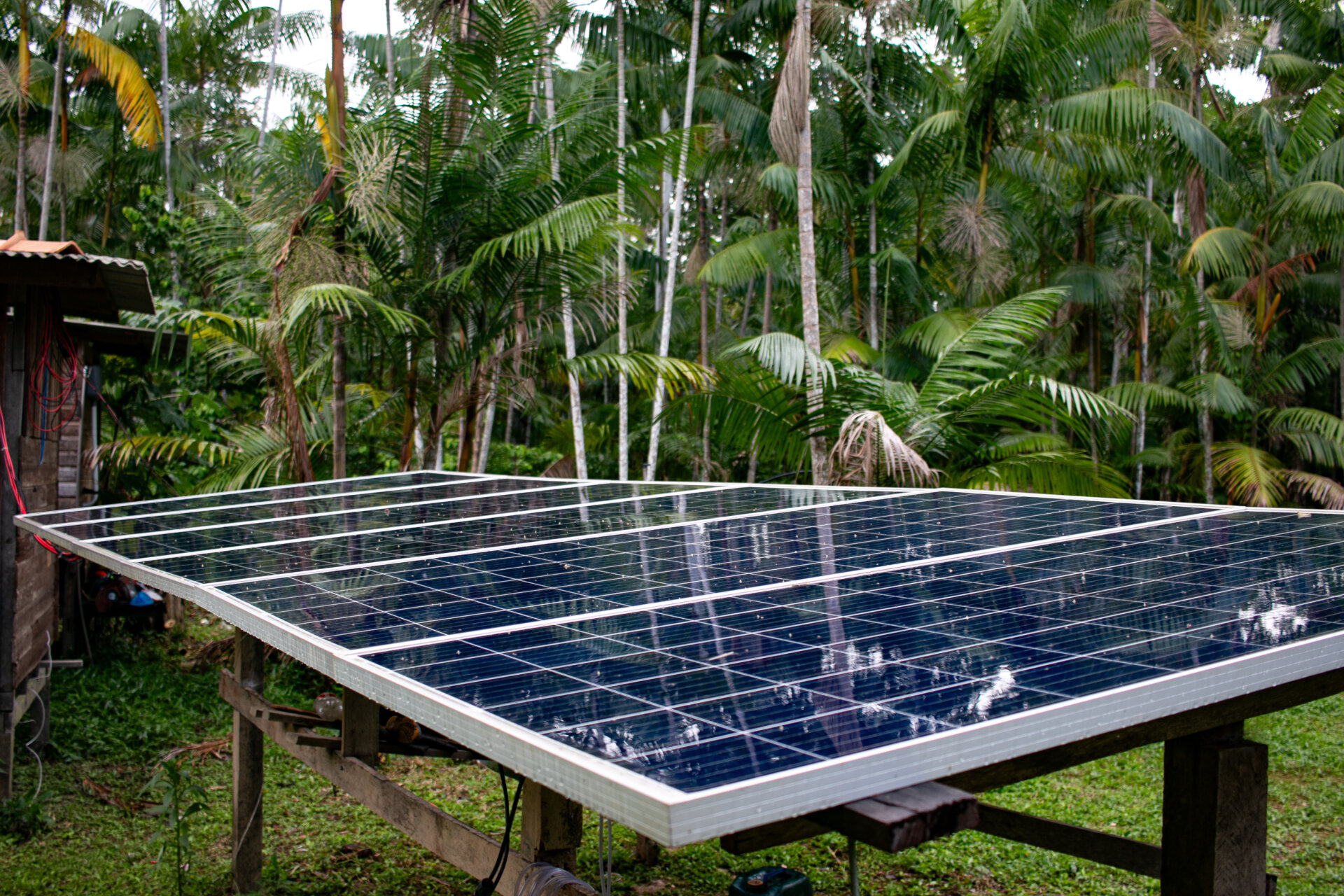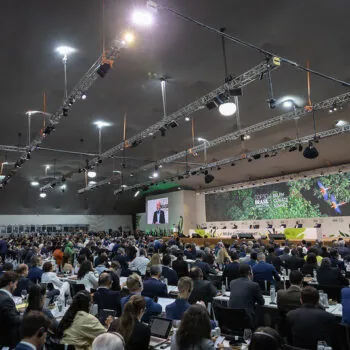This briefing reflects insights from the high-level Latin America and Caribbean Regional Dialogue on Energy Transition and Climate Action held at the 2025 Panama Climate Week (PCW), convened by the Energy Transition Council (ETC), E3G and the Talanoa Institute, with support from Transforma Global. While rooted in insights from Latin America and the Caribbean (LAC), the briefing aims to inform global climate, energy and development communities and to support the Brazilian COP30 Presidency in elevating ambition and delivery across all regions.
The dialogue brought together government representatives, energy experts, civil society actors and regional stakeholders to discuss challenges and opportunities for renewable energy deployment in LAC and the pathways for a just transition away from fossil fuels. In the spirit of the global mutirão, this briefing reflects views and recommendations shared by key stakeholders during the dialogue and offers a synthesis to support the COP30 leadership on how to advance the clean energy transition across the Climate Action Agenda, the Leaders’ Summit and the negotiation tracks.
The primary audience for the recommendations are the COP30 Presidency, policymakers involved in COP30 negotiations, national governments and energy ministries, multilateral development banks (MDBs), international climate finance institutions, civil society and regional stakeholders, as well as private sector actors engaged in clean energy investments.
Barriers and opportunities
Key challenges to achieving a just and equitable transition that meets the 1.5 °C target include:
- The gap between short-term actions and long-term climate goals.
- Limited access to climate finance.
- Ongoing fossil fuel subsidies.
- Weak institutions and the risk of stranded assets.
Additional hurdles are poor governance of critical minerals, limited energy access in remote areas, and underdeveloped storage and grid infrastructure.
However, the LAC region highlights significant opportunities that may also hold global lessons, including:
- An impressive 65% renewable energy share.
- Strong national governance on the energy and climate agenda.
- Recent decisions to phase out fossil fuels and no active coal plant proposals, with Honduras and Brazil shelving two coal plant proposals in 2025.
They show that regional energy integration, investment in energy storage and solar power, institutional reforms and nature-based solutions can help drive a just, resilient and low-carbon transition.
Recommendations
Building on these perspectives, the COP30 Presidency is well-placed to lead global progress on energy transition and climate justice by advancing four strategic priorities:
- Drive coordinated political action at the Leaders’ Summit to unlock new global pledges, phase out fossil fuel subsidies and promote clean energy targets.
- Leverage the Action Agenda to scale up low-carbon technologies, advance electrification, and promote renewable energy finance and investment.
- Advance just transition through negotiations and formal dialogues, supporting energy access, nature-based solutions, and fossil fuel subsidy phase-out.
- Champion inclusive, regionally tailored energy transition pathways grounded in equity, biodiversity protection and long-term development.
This briefing was developed as a collaboration between E3G, the Energy Transition Council (ETC) and Talanoa Institute. The ETC is a multilateral platform that brings together over 40 governments and institutions offering global political, financial and technical leadership in the power sector. In 2025, the ETC is expanding its support in Latin America to help countries in that region deliver ambitious NDCs supported by the Climate Emergency Collaboration Group.
Caio Victor Vieira is a Climate Policy Specialist at the Talanoa Institute.


